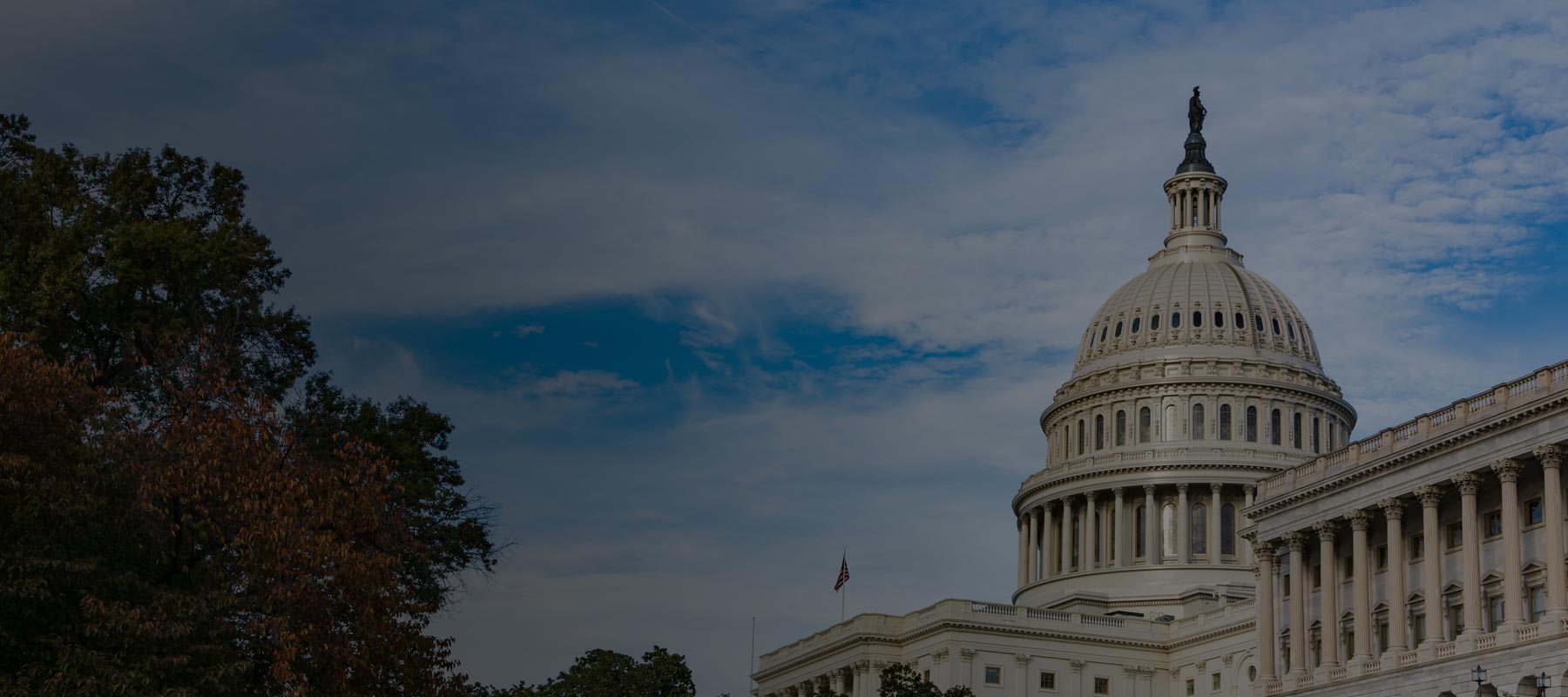Call Us Now
202-960-4596
Schedule a Free Consultation

When manufacturers identify potential safety concerns or defects in their products, they may initiate a voluntary recall without waiting for regulatory intervention. This precautionary measure demonstrates a commitment to consumer protection and responsible business practices. Swift action combined with transparent communication helps preserve customer confidence despite the short-term disruption a recall may cause. Additionally, addressing issues proactively often reduces both financial and legal consequences compared to waiting for problems to escalate.
Quality-conscious companies frequently remove products from the market based on internal safety assessments rather than waiting for government mandates. These voluntary recalls typically stem from rigorous product testing, consumer reports, or systematic quality control processes. Many businesses collaborate with oversight agencies throughout the recall process, implementing protective measures that safeguard both public safety and company credibility. This self-initiated approach to product safety helps prevent injuries while demonstrating corporate responsibility.
Mandatory recalls are different – these are legally required by the U.S. government when serious safety concerns, potential health risks, or regulatory standard violations arise. Companies have to comply or face legal and financial consequences.
The standard regulatory agencies that issue government mandatory recalls are:
If you’ve been injured by a product under voluntary recall, contact Regan Zambri Long. We can give you a free case evaluation and review your legal options.
A voluntary food recall is an “action by a manufacturer or distributor to protect the public from products that may cause health problems or possible death (Food Safety and Inspection Service (FSIS), 2024).”
Don’t wait to take action if you’ve been affected by a recalled product. Reach out to the product liability attorneys at Regan Zambri Long for a free case evaluation.
During a voluntary recall, consumers are entitled to specific legal protections:
Time limitations for filing claims vary by circumstance:
The product liability attorneys at Regan Zambri Long provide consultations regarding recall-related claims. Their legal team assists clients in filing requirements and pursuing appropriate compensation within required timeframes.
Looking ahead, companies are getting better at handling recalls in ways that build trust with customers. They’re using new tech to spot problems early and track issues in real time, which means they can fix things faster when something goes wrong. It’s not just about pulling products anymore – it’s about being open with customers and showing them exactly what’s being done to fix the problem.
Speed is critical here, customers expect quick responses when they raise concerns. That’s why many companies are investing in better quality control and testing upfront. They also use global communication systems and advanced diagnostic tools to catch and address issues before they become major problems. The goal is to handle recalls more smoothly and efficiently while keeping customers in the loop throughout the process.
If you’ve been affected by a product that was voluntarily recalled, you might be able to get compensation for medical bills, missed work, damaged property, and pain and suffering. However, you’ll need to prove the company was at fault.
To make your case, you’ll need to show three things: that you were actually hurt or your property was damaged, that there was something wrong with the product, and that the company was negligent. You’ve got two main options for taking legal action:
You could join a class action lawsuit, where everyone affected by the same faulty product sues together. This usually means lower legal costs, but keep in mind that any settlement gets split among all the people involved, so individual payouts tend to be smaller.
Individual lawsuits allow for a detailed examination of your specific damages and circumstances. Though this approach typically involves higher legal costs and longer processing times, the potential settlement amount may be greater since compensation is not divided among multiple plaintiffs.
The appropriate legal strategy depends on the severity of your damages and the number of other affected consumers. Regan Zambri Long’s experienced product liability attorneys can provide guidance on the most effective course of action for your situation. Contact them for a complimentary consultation to evaluate your legal options.
Have you or your loved one sustained injuries in Washington DC, Maryland or Virginia? Regan Zambri Long PLLC has the best lawyers in the country to analyze your case and answer the questions you may have.